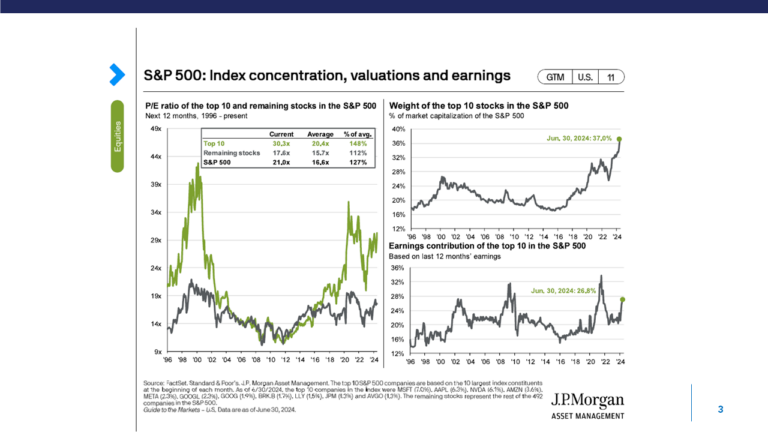The following is Part I of a four-part series from Senior Financial Advisor Winfred Jacob, CFP®
In the 1996 bestselling book, The Millionaire Next Door: The Surprising Secrets of America’s Wealthy, the authors, Thomas J. Stanley and William D. Danko, highlight an interesting phenomenon: a disproportionate and surprising number of everyday folks with modest incomes have quietly amassed significant wealth. They identify a number of common characteristics shared by this group and high on the list is the practice of good cash management. These everyday folks had a system that was simple and easy to sustain. It controlled impulse spending, eliminated debt and most importantly, automatically converted weekly income into savings and investments.
We see this trend continue to play out today within our experience as financial planners and the implications are important. With good planning and simple execution, everyone can accumulate wealth. But first, please throw away the stereotypical, cartoon image of “wealth.” With a mature definition of wealth comes enhanced security, freedom from financial stress, and greater opportunities to reach our full potential as human beings.
Nevertheless, for so many of us, there is a different reality: Little savings, too much debt, and lots of daily financial worries and complications that take a toll on our health, personal relationships, and professional careers. In our experience, the culprits are often poor cash management techniques.
Here is the good news: A strong cash management and budgeting system can be learned and implemented in virtually everyone’s circumstance. The results can be immediate! In an ongoing series, we will describe the process in detail and identify resources that can be helpful.
So let’s start at the beginning. Cash management and budgeting is one of the six core elements in the practice of financial planning. Some of the elements are more fun than others. Typically, folks like to skip this step and here is why. If you have ever taken an economics class, and somehow remained conscious, you probably heard the instructor (have pity, I’ve been this guy) drone on over making decisions about scarce resources in a world of unlimited wants. Actually, Mick Jagger said it better: “You can’t always get what you want.” And that’s why we avoid budgeting; we hate to hear the words “no” and “not now,” especially when we have to say them to ourselves.
That is exactly the point. Cash management is the process of making intentional decisions about our income. In essence, we stop being random and impulsive and we move to a method where every dollar of income is told where to go in advance. And the really important things that will get us to our financial objectives, like debt reduction and savings and investment, have the highest priority and happen automatically.
In fact, for this to work well, we must become comfortable with the idea of being on an allowance regardless of how much money we make. This isn’t because of immaturity. Quite the opposite! One thoughtful and mature set of decisions are made and then the system operates on auto pilot via automated transactions with very little thought required from month to month. Very few checks (if any) need to be written. Much of the power as a wealth building engine is in its simplicity and ease of use. What would your life feel like if you only had to think about money for one hour each month?
Click here for Part II in our series Three Tools to Kick Start Your Plan.
Winfred Jacob, CFP®
Senior Financial Advisor


